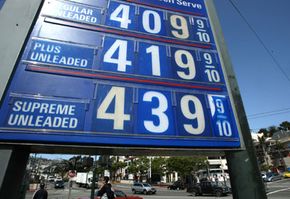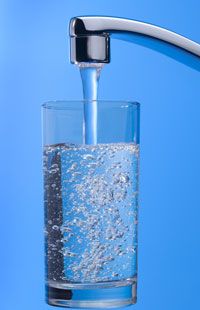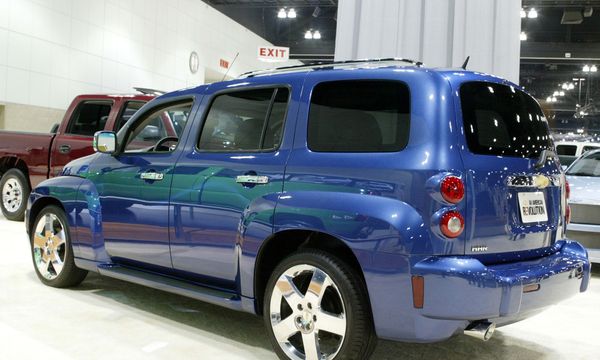Every time you pull up to the pump at the gas station, it seems like you're in for yet another case of sticker shock. In the spring of 2008, the U.S. national average cost for regular unleaded gasoline set record highs for six straight days in May -- that's after it climbed 11 percent from April [source: CNN Money].
As a result of rapidly increasing energy costs, alternative fuels look more appealing with each record-breaking day. In his 2006 State of the Union address, President George W. Bush declared his intent to alleviate the United States' problem of being "addicted to oil" [source: White House]. He issued a challenge to replace 75 percent of America's oil use with alternative fuels by 2025.
Advertisement
So which alternative fuel is the standout? There are plenty of contenders. Researchers are working feverishly to break through the challenges presented by each potential fuel source. For example, cellulosic ethanol has been shown to make a fine fuel, but the process of fermenting it from plants like switchgrass is expensive. Electricity can (and does) power cars, but hybrid vehicles still require gas to operate. And all-electric vehicles must be plugged into an electrical outlet to recharge the batteries after a couple hundred miles. What's more, most of the electricity used to juice up the car is being generated at power plants fueled by coal or natural gas, which emit pollutants.
It'll probably take a combination of all of these types of alternative energy to get America off its oil addiction. And it looks like hydrogen will play a major role as well. Hydrogen is the lightest and simplest element known to man, and it has a high energy yield. It's also all around us: Think water.
The technology is already in place to operate a car using hydrogen. So can you convert your car to run on water? Find out on the next page.
Advertisement



